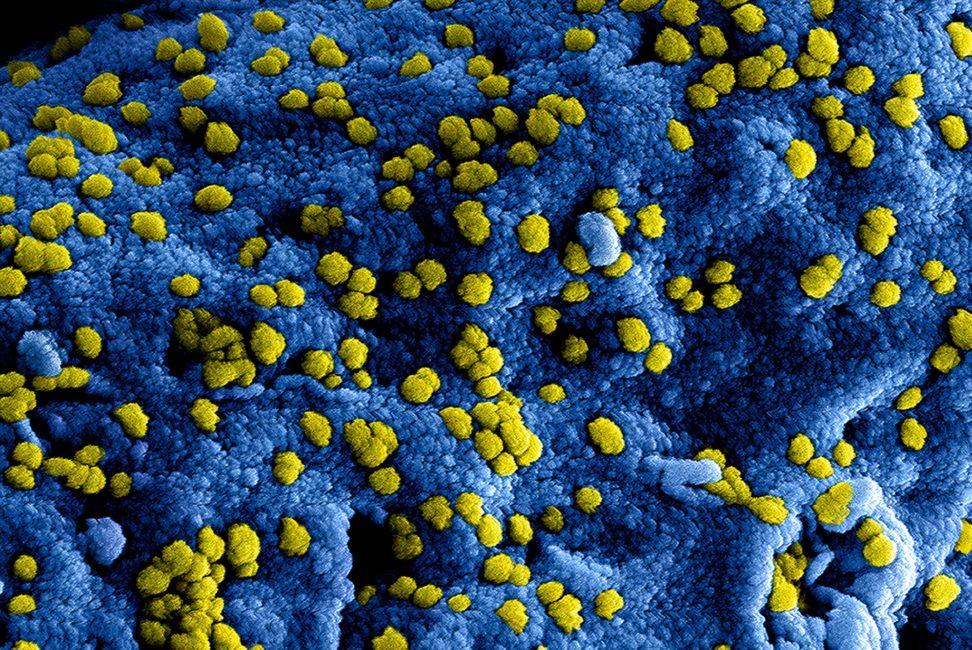September 21, 2020: “Bristol Myers Squibb announced primary results from CheckMate -649, the pivotal Phase 3 trial in which first-line treatment with Opdivo (nivolumab) plus chemotherapy showed a statistically significant and clinically meaningful improvement in the overall survival (OS) and progression-free survival (PFS) of patients with unresectable advanced or metastatic gastric cancer, gastroesophageal junction (GEJ) cancer or esophageal adenocarcinoma compared to treatment with chemotherapy alone.
Opdivo is the first PD-1 inhibitor to demonstrate superior OS and PFS in combination with chemotherapy when compared to chemotherapy alone in patients with gastric cancer, GEJ cancer or esophageal adenocarcinoma.
The OS and PFS benefits were observed in patients whose tumors express PD-L1 with a combined positive score (CPS) ≥ 5, achieving both of the trial’s primary endpoints. The OS benefit was also observed in the all-randomized trial population.
Median OS (Hazard Ratio [HR]: 0.71; 98.4% Confidence Interval [CI]: 0.59 to 0.86; p<0.0001) for Opdivo plus chemotherapy was 14.4 months (95% CI: 13.1 to 16.2) compared to 11.1 months (95% CI: 10.0 to 12.1) for chemotherapy alone among PD-L1 positive patients with CPS ≥ 5. The median PFS (HR: 0.68; 98% CI: 0.56 to 0.81; p<0.0001) was 7.7 months (95% CI: 7.0 to 9.2) in those treated with Opdivo plus chemotherapy and 6.0 months (95% CI: 5.6 to 6.9) among those treated with chemotherapy alone.
The safety profiles of Opdivo and chemotherapy in this trial were reflective of the known safety profiles of Opdivo and chemotherapy with no new safety signals observed.
CheckMate -649 is the largest randomized, global Phase 3 study of an immune checkpoint inhibitor-based therapy in the first-line setting for patients with gastric and esophageal cancers conducted to date.
“Currently, the first-line standard of care for patients with advanced or metastatic non-HER2 positive gastric or gastroesophageal junction cancer is chemotherapy.
While it has been an important treatment option for these patients, chemotherapy alone is associated with a marginal survival benefit of often less than one year from the time a patient’s treatment is initiated,” said Markus Moehler, M.D., Professor of Gastrointestinal Oncology, Johannes-Gutenberg University Medical Center, Mainz.
“Innovative treatments are urgently needed for patients around the world who are living with these advanced or metastatic upper gastrointestinal cancers, as there are currently no approved immunotherapy options in the first-line setting.”
The statistically significant OS benefit shown with Opdivo plus chemotherapy was also observed in PD-L1 positive patients with CPS ≥ 1 and in the all-randomized population.
In the all-randomized population, the median OS was 13.8 months (95% CI: 12.6 to 14.6) for patients receiving Opdivo plus chemotherapy compared to 11.6 months (95% CI: 10.9 to 12.5) for patients receiving chemotherapy alone (HR: 0.80; 99.3% CI: 0.68 to 0.94; p=0.0002).
In PD-L1 positive patients with CPS ≥ 1, median OS was 14.0 months (95% CI: 12.6 to 15.0) for patients receiving Opdivo plus chemotherapy compared to 11.3 months (95% CI: 10.6 to 12.3) for patients receiving chemotherapy alone (HR: 0.77; 99.3% CI: 0.64 to 0.92; p=0.0001).
“CheckMate -649 recently became the first global study in over a decade to demonstrate a significant overall survival benefit over chemotherapy in the first-line setting of non-HER2 positive gastric cancer, gastroesophageal junction cancer or esophageal adenocarcinoma, highlighting the potential of Opdivo plus chemotherapy to become a new standard of care for these patients, regardless of their tumor location,” said Ian M. Waxman, M.D., development lead, Gastrointestinal Cancers, Bristol Myers Squibb.
“These available results of the CheckMate -649 study will be discussed with global health authorities as we strive to bring this important new treatment option to patients in need.”
The incidence of serious treatment-related adverse events (TRAEs), any grade and Grade 3-4, was modestly higher among patients treated with Opdivo plus chemotherapy (any grade 22%, Grade 3-4 17%) compared to patients treated with chemotherapy alone (any grade 12%, Grade 3-4 10%).
Of patients treated with Opdivo plus chemotherapy, 36% and 17% experienced TRAEs of any grade or Grade 3-4 leading to discontinuation, compared to 24% and 9% of patients treated with chemotherapy.
The incidence of TRAEs in patients treated with Opdivo plus chemotherapy was consistent across patient sub-groups.
These data (Presentation #LBA6_PR) will be featured in a Presidential Symposium at the European Society for Medical Oncology (ESMO) Virtual Congress 2020 on September 21 from 18:30-18:42 CEST.
These data (Presentation #LBA6_PR) will be featured in a Presidential Symposium at the European Society for Medical Oncology (ESMO) Virtual Congress 2020 on September 21 from 18:30-18:42 CEST.”
https://news.bms.com/news/corporate-financial/2020/Opdivo-nivolumab-Plus-Chemotherapy-Demonstrated-Significant-Overall-and-Progression-Free-Survival-Benefits-Versus-Chemotherapy-in-First-Line-Treatment-of-Gastric-and-Esophageal-Cancers/default.aspx


